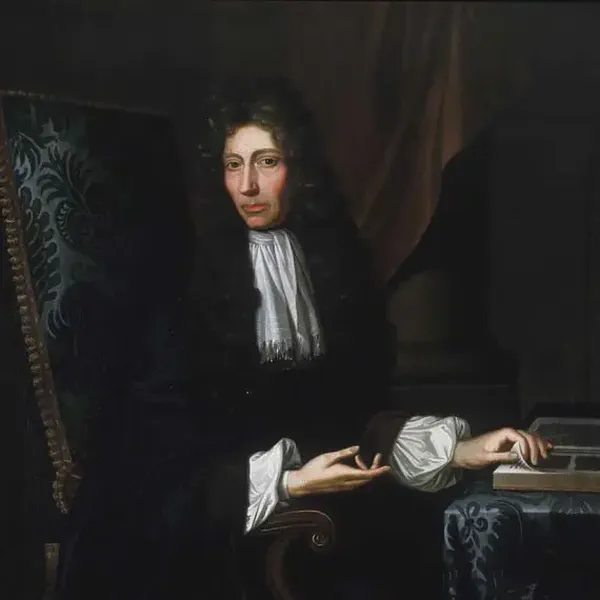On December 30, 1691 in Celtic History
Robert boyle, pioneer chemist and physicist dies

Robert Boyle FRS (25 January 1627 – 31 December 1691) was an Anglo-Irish natural philosopher, chemist, physicist, alchemist and inventor. Boyle is largely regarded today as the first modern chemist, and therefore one of the founders of modern chemistry, and one of the pioneers of modern experimental scientific method.
He is best known for Boyle’s law, which describes the inversely proportional relationship between the absolute pressure and volume of a gas, if the temperature is kept constant within a closed system.
Among his works, The Sceptical Chymist is seen as a cornerstone book in the field of chemistry. He was a devout and pious Anglican and is noted for his writings in theology.
The death of Robert Boyle, a pioneering chemist and physicist, marked a significant moment in the history of science. Boyle, often known as the “Father of Modern Chemistry,” was a leading figure in the scientific revolution of the 17th century. His contributions had a lasting impact on the fields of chemistry and physics, and his demise would have been a great loss to the scientific community of his time.
Boyle’s Law
Boyle is perhaps best known for formulating Boyle’s Law, which describes the inversely proportional relationship between the pressure and volume of a gas at constant temperature. This law laid foundational principles for the field of thermodynamics and remains a cornerstone in the study of gas behavior.
The Scientific Method
Boyle was a proponent of the scientific method, emphasizing the importance of experimentation and observation over speculation. His approach to science was methodical and empirical, marking a significant departure from the more theoretical and philosophical approaches of earlier scholars.
Chemistry and Alchemy
Boyle helped to transform the study of alchemy into the more rigorous and systematic discipline of chemistry. He argued for a mechanistic view of the world, which was a departure from the traditional Aristotelian and alchemical views that had dominated for centuries.
Influence on the Royal Society
As a founding member of the Royal Society of London for Improving Natural Knowledge, Boyle played a crucial role in the early days of this important scientific institution. His work and reputation helped to establish the credibility and significance of the Society.
Religious and Philosophical Views
Boyle was also known for his writings on religious and philosophical topics. He saw no conflict between science and religion, and his works often explored the ways in which scientific knowledge could enhance understanding of the divine.
Legacy and Influence
Boyle’s death would have been widely mourned among the intellectual communities of Europe. His legacy continued to influence scientific thought and research, paving the way for subsequent generations of scientists.
In summary, Robert Boyle’s death would have signified the loss of a major figure in the world of science, whose contributions fundamentally shaped the course of chemistry and physics. His legacy continued to inspire and guide scientific inquiry, firmly establishing his place as one of the key figures in the history of science.
No related content found.